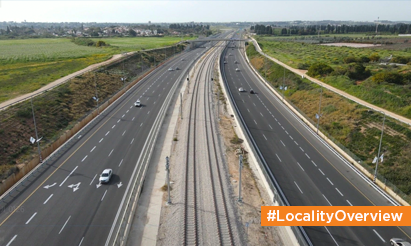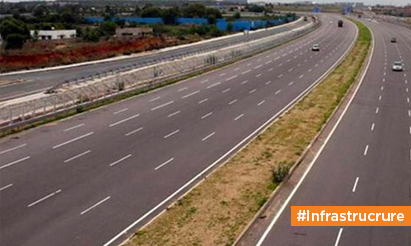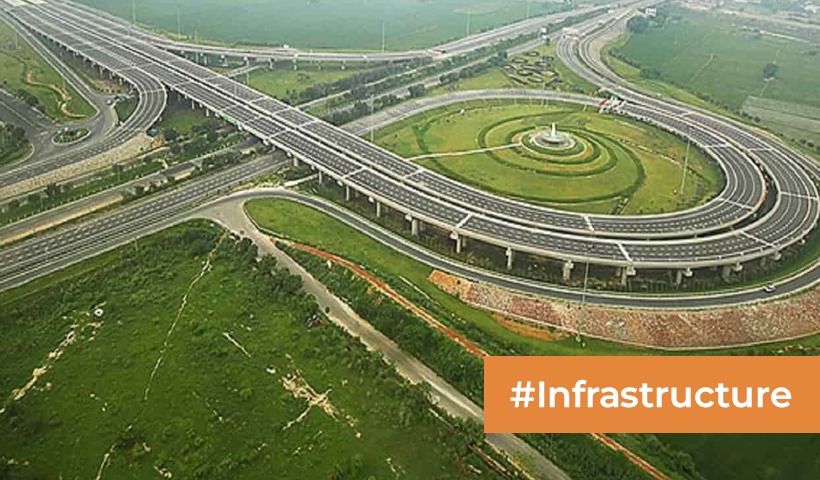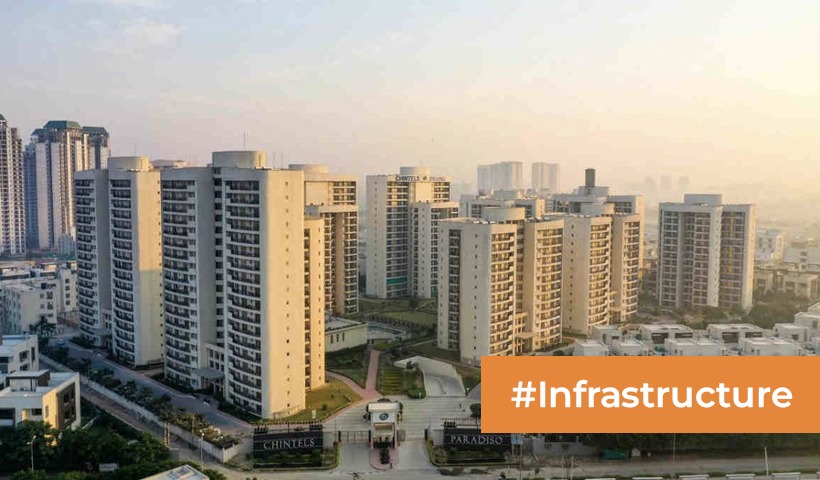Smart Cities Revolution in India: A Reality Check!
The smartness of smart cities in India varies greatly. Some cities have made significant progress in implementing smart technologies, while others are still in the early stages of development.
Here are some examples of smart city initiatives in India:
- Pune: Pune is one of the most advanced smart cities in India. It has implemented a number of smart technologies, including a smart traffic management system, a smart water management system, and a smart waste management system.
- Gurgaon: Gurgaon is another smart city in India that has made significant progress in implementing smart technologies. It has a smart grid system, a smart parking system, and a smart street lighting system.
- Chennai: Chennai is a city that is still in the early stages of developing its smart city initiatives. However, it has made some progress in implementing smart technologies, such as a smart bus system and a smart water management system.
The Smart Cities Mission, launched by the Government of India in 2015, aims to develop 100 smart cities in India. The mission has made some progress, but there are still challenges to overcome. These challenges include:
- Lack of funding: The Smart Cities Mission is facing a funding shortfall. The government has allocated Rs. 48,000 crore for the mission, but this is not enough to fund all of the projects that have been proposed.
- Poor coordination: There is a lack of coordination between the different levels of government involved in the Smart Cities Mission. This is leading to delays in the implementation of projects.
- Resistance from local communities: There is some resistance from local communities to some of the smart city initiatives. For example, there has been opposition to the installation of smart meters in some cities.
Despite these challenges, the Smart Cities Mission has the potential to transform India’s cities. If implemented successfully, the mission can make cities more livable, efficient, and sustainable.
Here are some of the benefits of smart cities:
- Improved quality of life: Smart cities can improve the quality of life for residents by providing better access to education, healthcare, and transportation.
- Increased efficiency: Smart cities can improve efficiency by using technology to automate tasks and optimize resources.
- Reduced pollution: Smart cities can reduce pollution by implementing clean energy initiatives and improving waste management systems.
- Increased economic growth: Smart cities can attract businesses and investment, which can lead to increased economic growth.
Overall, the smartness of smart cities in India is still developing. However, there are a number of cities that are making significant progress in implementing smart technologies. If implemented successfully, the Smart Cities Mission has the potential to transform India’s cities and make them more livable, efficient, and sustainable.
Disclaimer: The views expressed above are for informational purposes only based on industry reports and related news stories. PropertyPistol does not guarantee the accuracy, completeness, or reliability of the information and shall not be held responsible for any action taken based on the published information.




